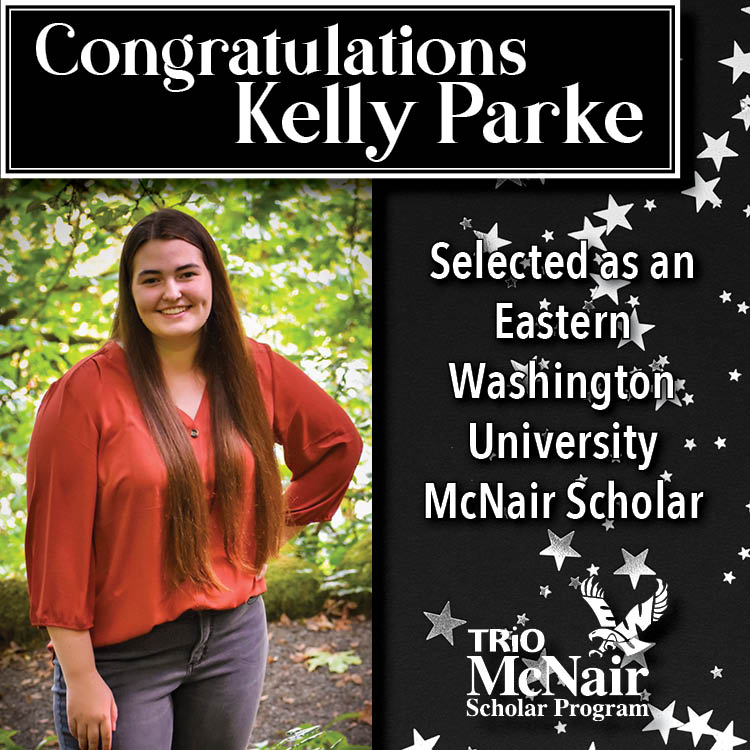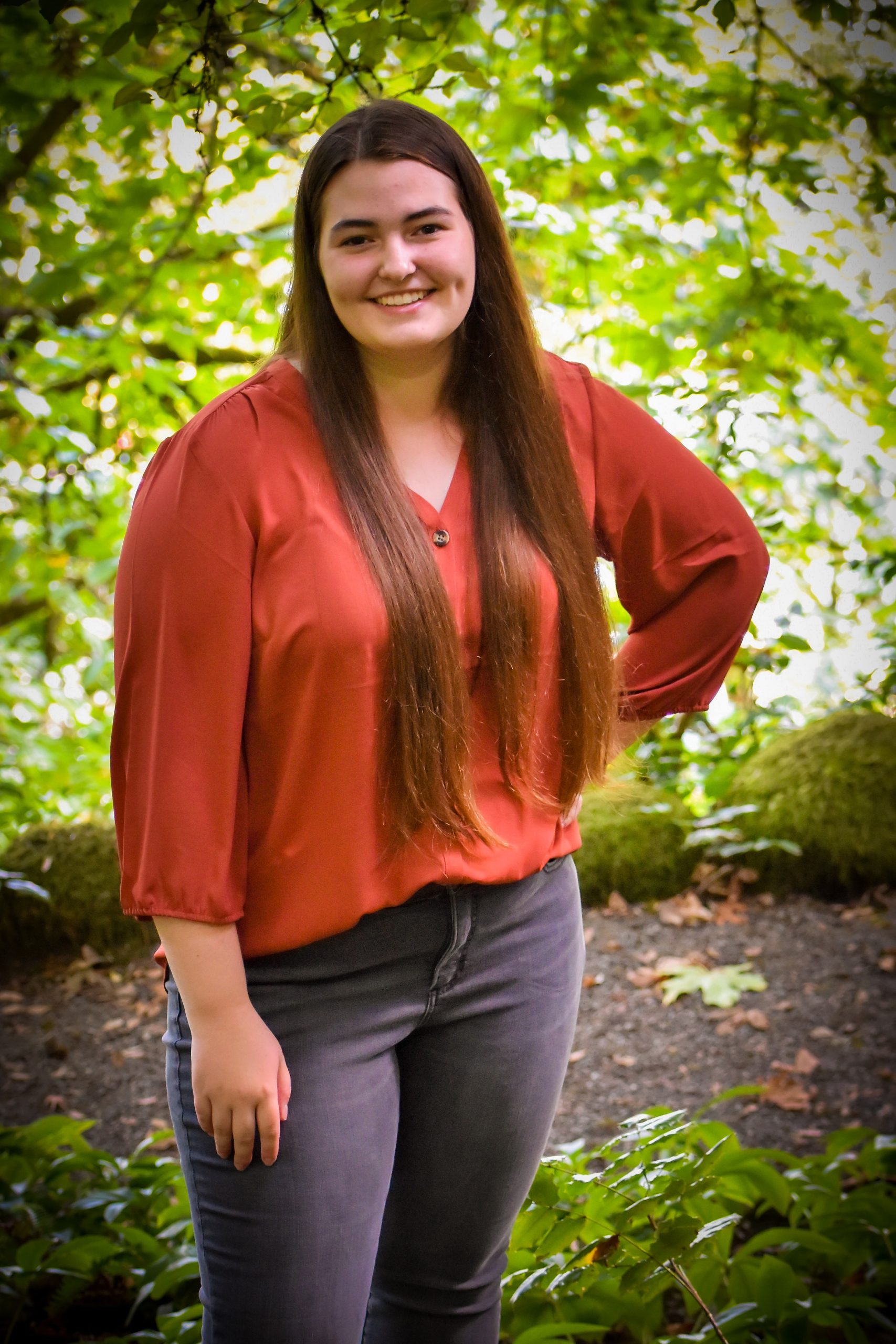Kelly Parke
Kelly Parke is a first-generation undergraduate student at Eastern Washington University pursuing a degree in Anthropology with minors in Disability Studies and Sexuality & Queer Studies. She currently works as an office aide for the History, Anthropology, and Modern Languages department and has maintained a quarterly Dean’s List status since beginning at EWU. Kelly’s research interests are related to sexual expression and reproductive rights for people with disabilities, particularly at the intersection of disability with other marginalized identities.
For her 2023 Summer Research Internship, Kelly worked with Dr. Ryan Parrey to research the effects of everyday ableist encounters and how they shape the lives of disabled people. After graduating from Eastern, Kelly plans to continue on to a graduate program related to Disability Studies with an emphasis on disability law and policy.
2023 EWU Faculty Research Mentor: Dr. Ryan Parrey
Research Title: Atmospheres of Ableism: A Phenomenological Exploration of Everyday Encounters
Abstract:
Campbell and Nario-Redmond explain that ableism entails explicit and implicit biases that manifest at every level of social life. At the same time, Taussig describes ableism as “the atmosphere we breathe.” Disability Studies scholarship has done much to identify how ableism operates in the everyday lives of disabled and nondisabled people alike; however, little work has been done to articulate it in terms of the atmospheric quality that Taussig discusses.
Building on Taussig’s assessment of ableism in conjunction with Casey’s similar articulation of the atmosphere of emotion, this paper addresses the findings of an online qualitative survey distributed to adults with physical disabilities. Participants answered a series of open-ended questions designed to identify not only the types of ableist encounters experienced in everyday life, but also the emotions that these encounters generate. The research employs a phenomenological lens in order to provide a more nuanced and in-depth description of ableism as a part of disabled people’s everyday lived experience. In doing so, this research contributes to the study of ableism and particularly how it operates within ongoing rhetoric and practices of inclusion, access, and support.
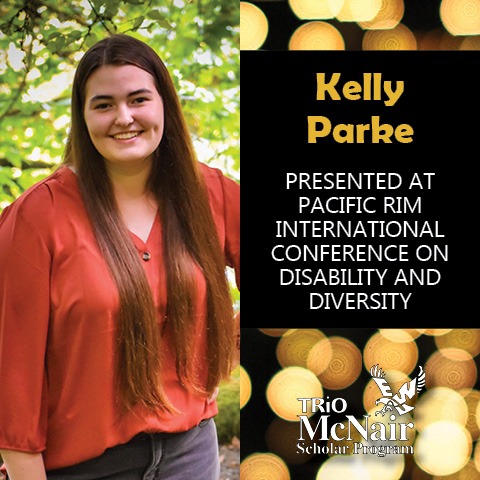
EWU McNair Scholar Kelly Parke Presents her Research at Pacific Rim International Conference on Disability and Diversity
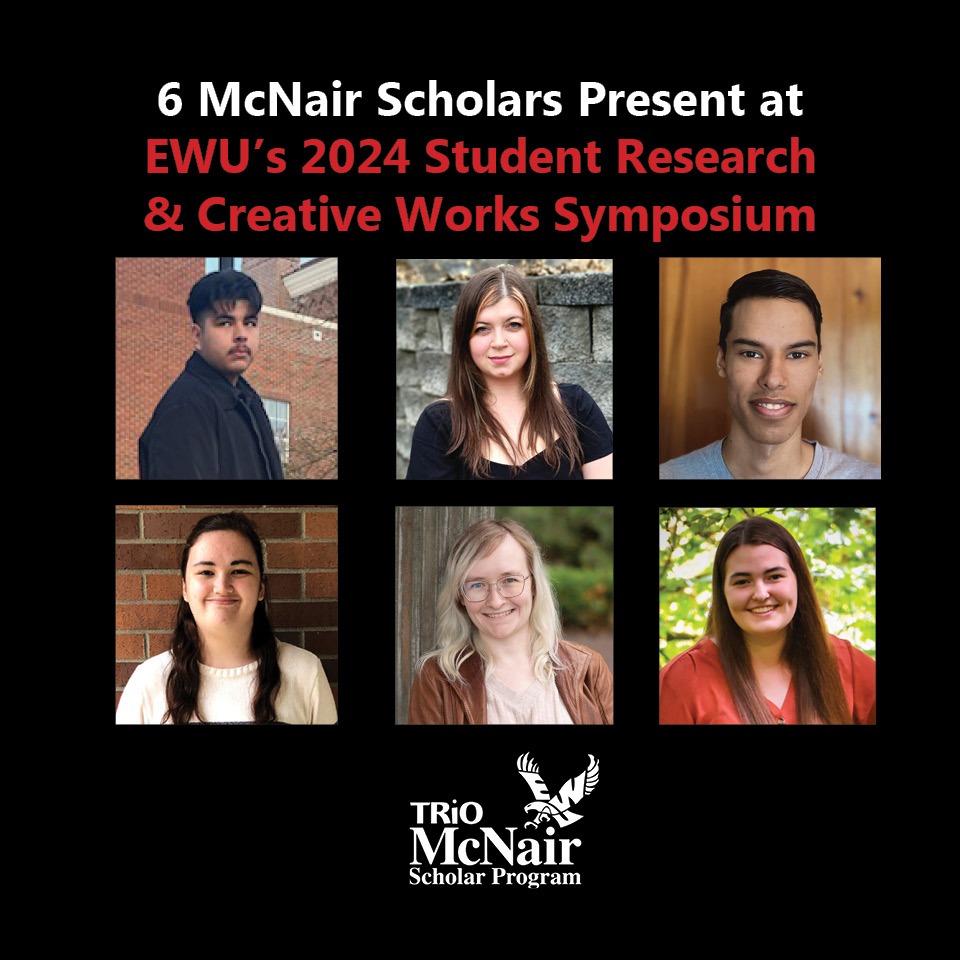
McNair Scholars Present at EWU’s 2024 Student Research & Creative Works Symposium
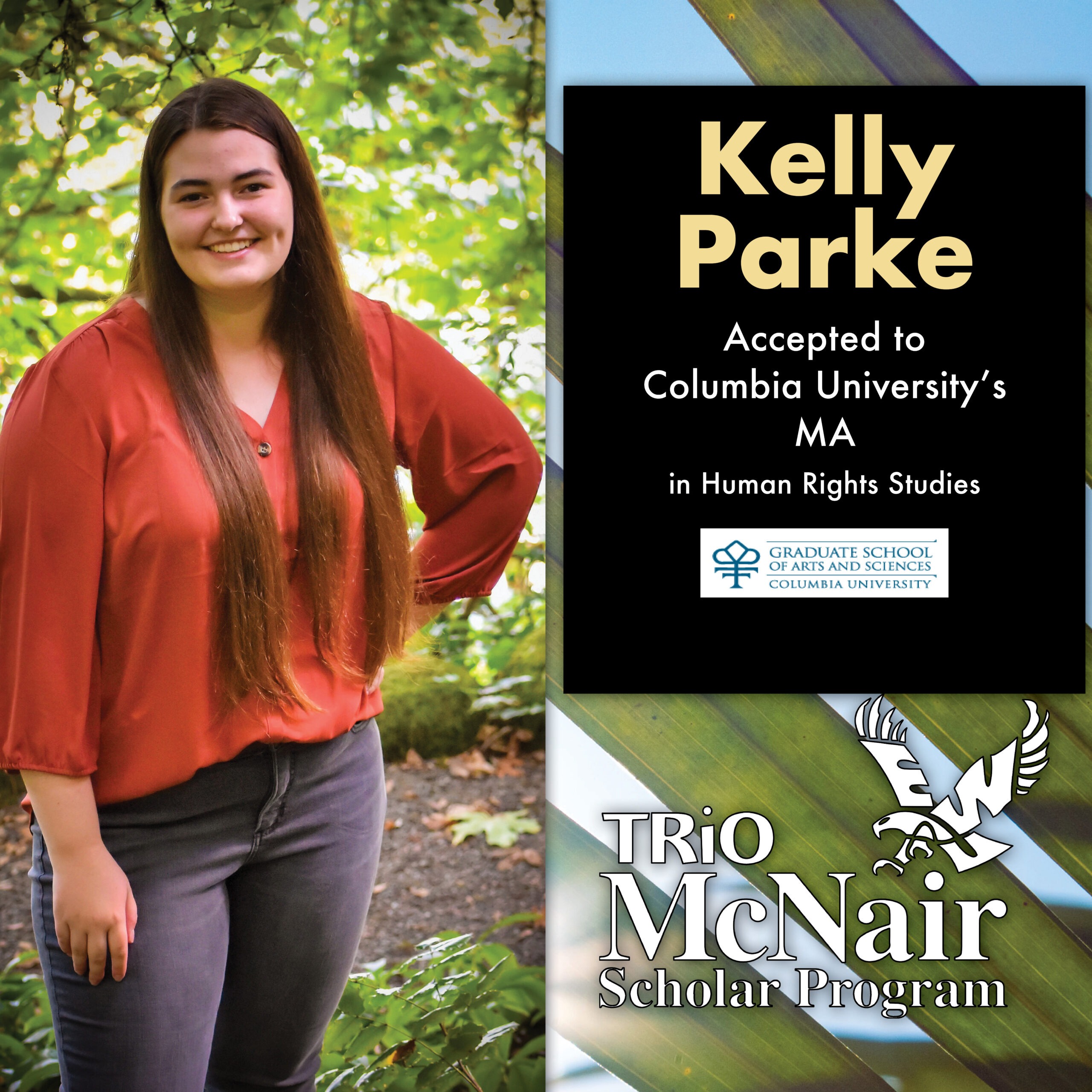
EWU McNair Scholar Kelly Parke Accepted to Columbia University’s Master of Human Rights Studies
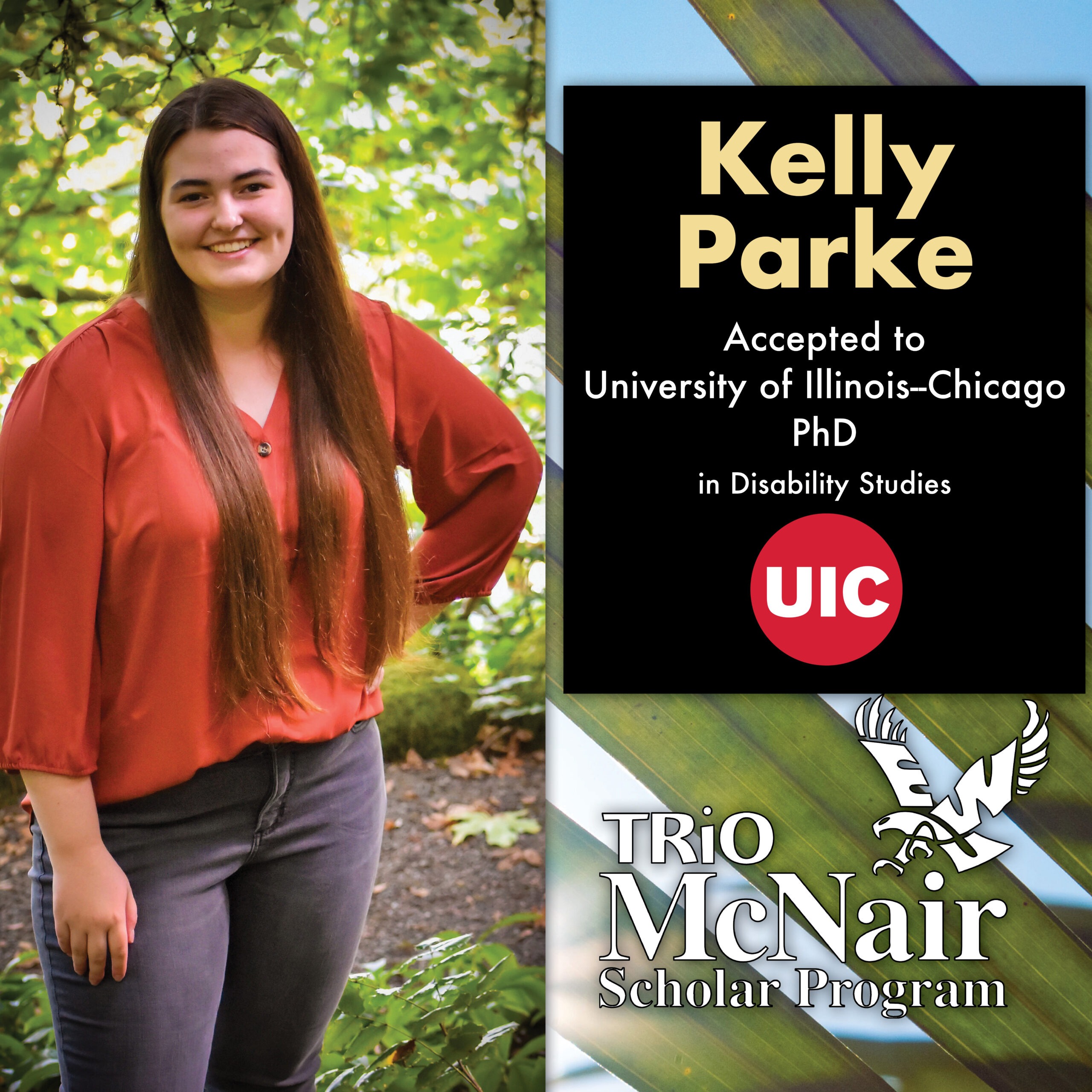
EWU McNair Scholar Kelly Parke Accepted to University of Illinois-Chicago PhD in Disability Studies
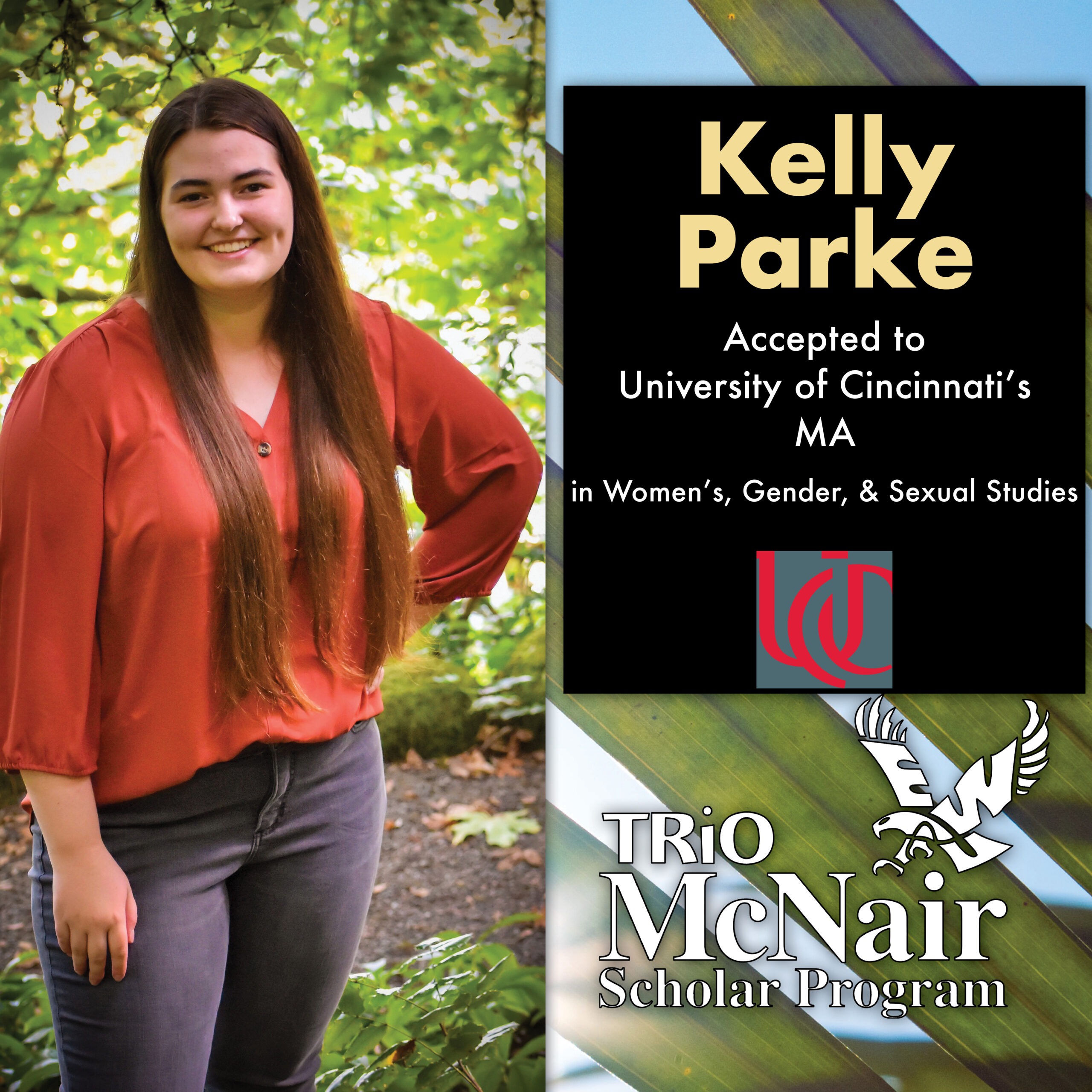
EWU McNair Scholar Kelly Parke Accepted to University of Cincinnati M.A. Program in Women’s, Gender, and Sexuality Studies
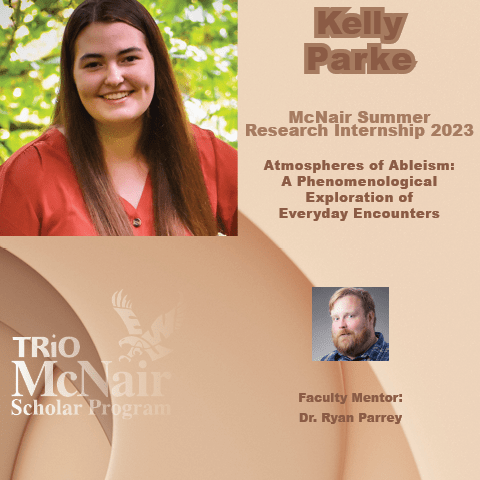
EWU McNair Scholar Kelly Parke Completes McNair Summer Research Internship
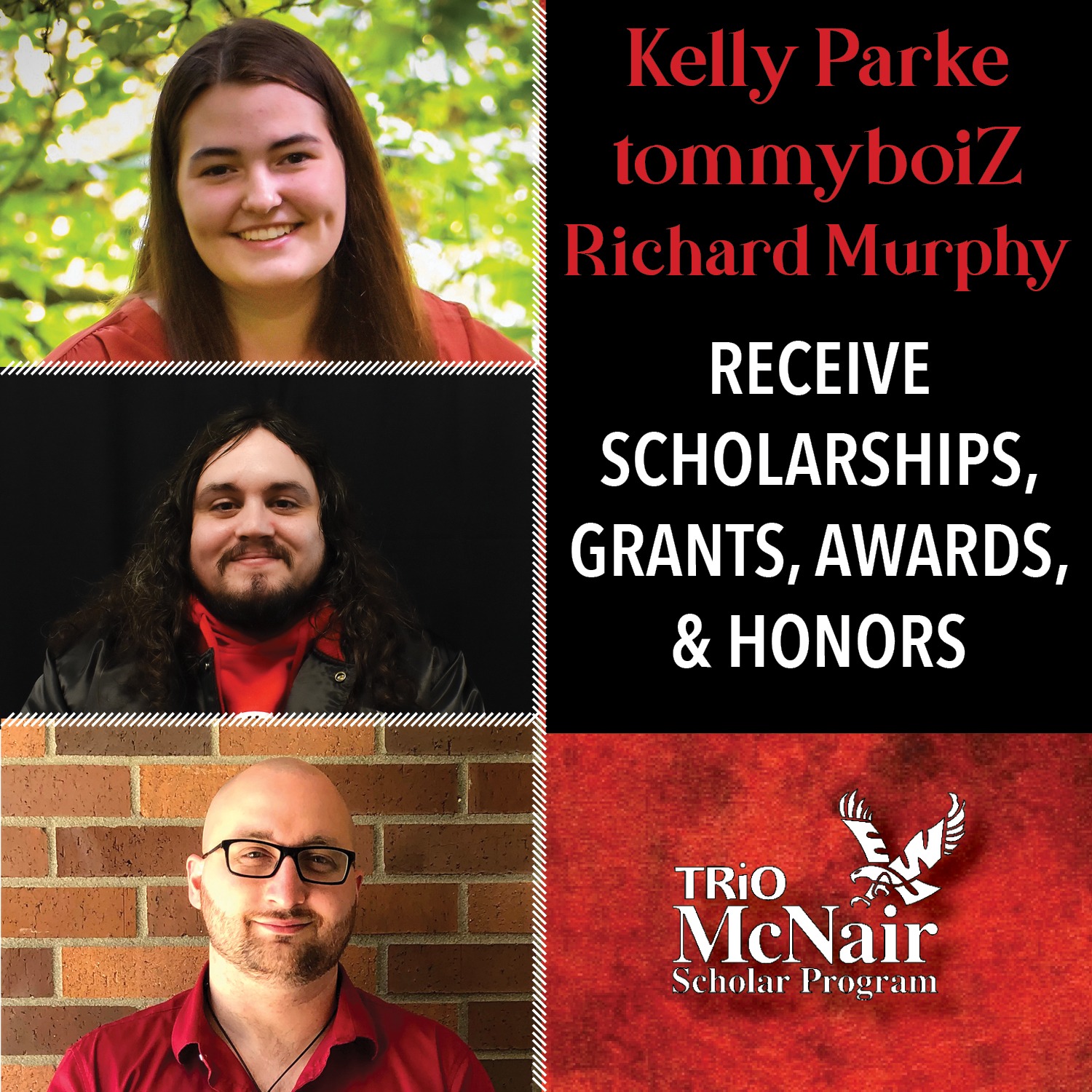
EWU McNair Scholars Receive Grants, Awards, Honors
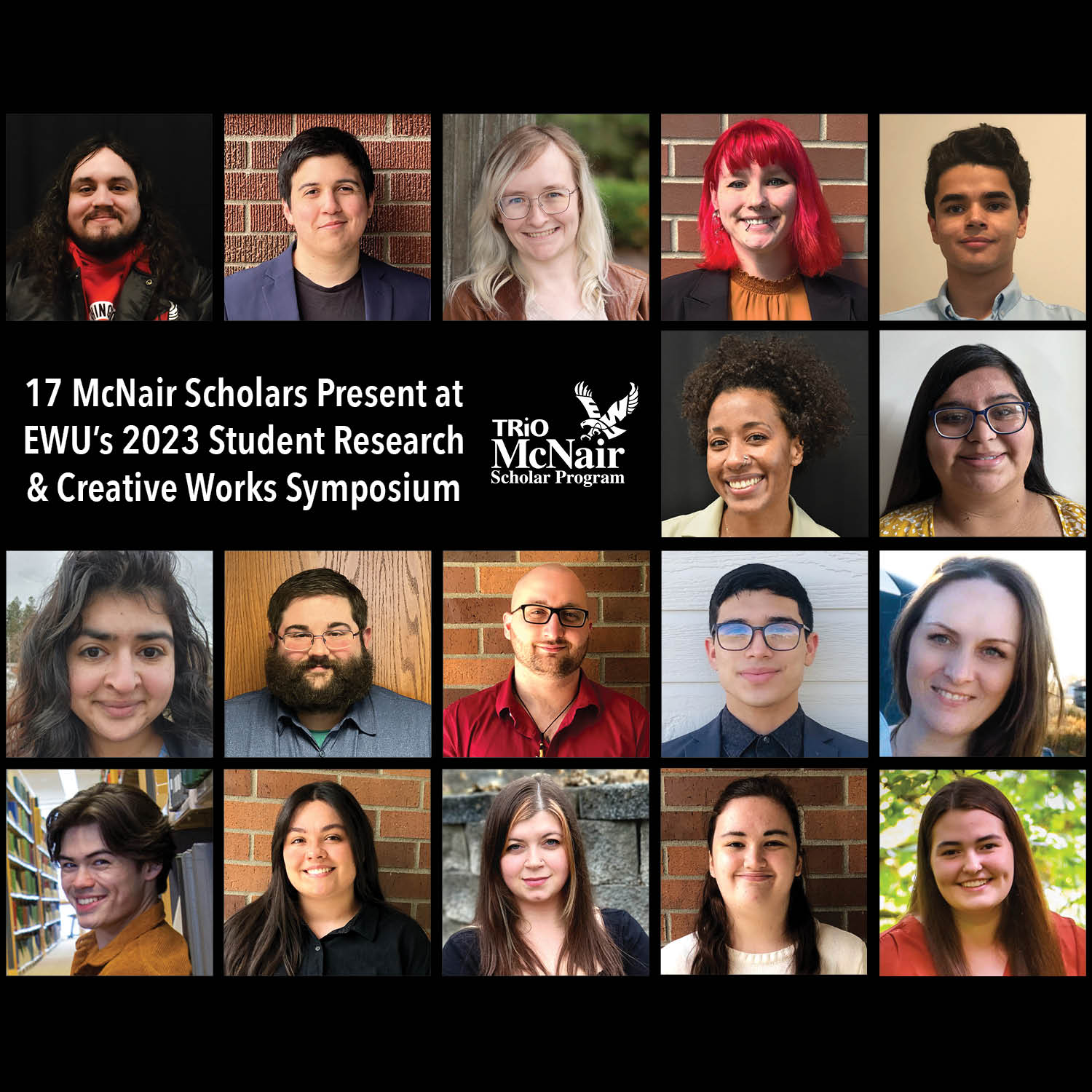
17 McNair Scholars Present at EWU’s 2023 Student Research & Creative Works Symposium
